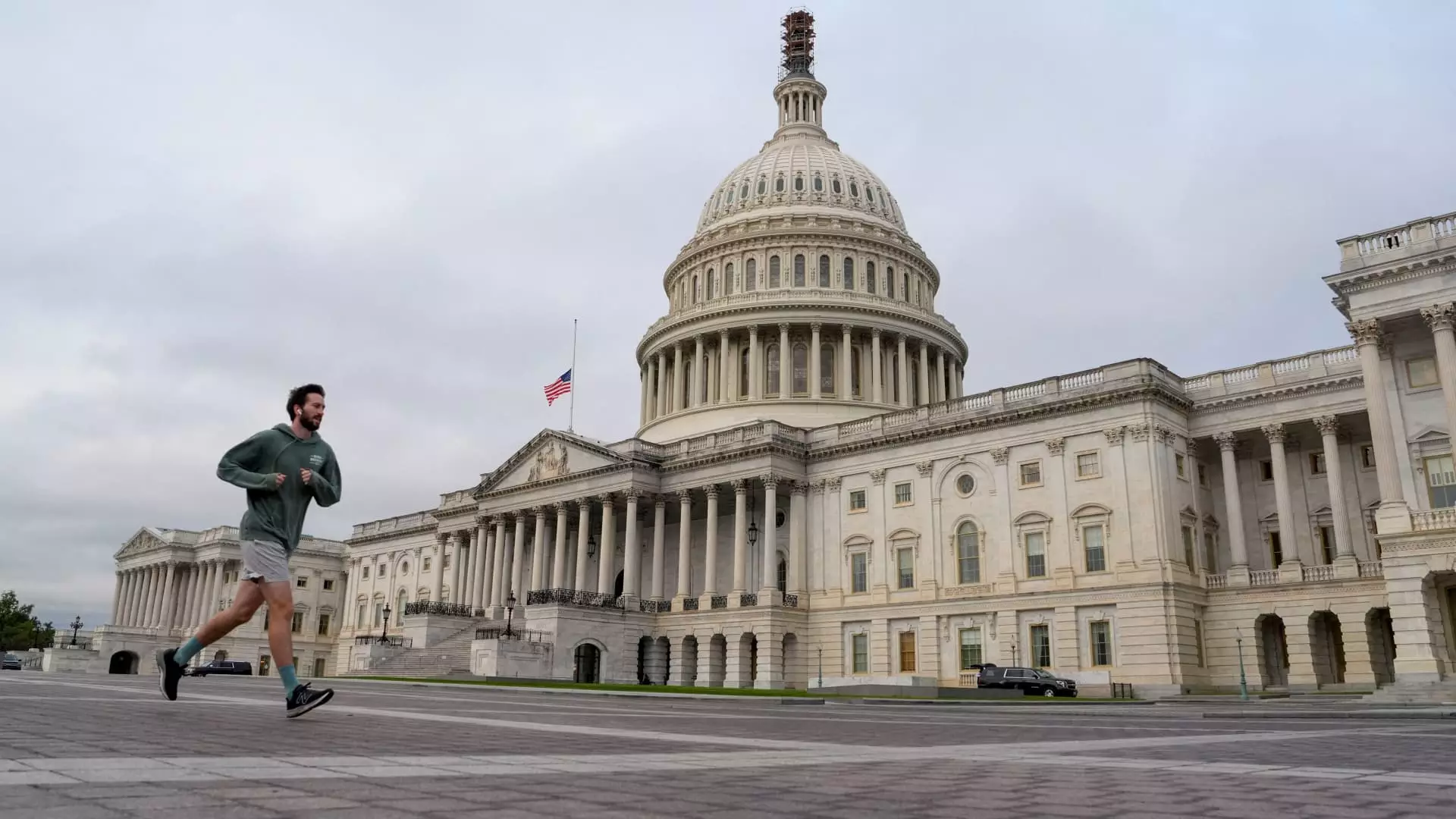Congressional leaders recently reached a significant spending deal totaling $1.59 trillion, aimed at avoiding a potential government shutdown. The deal, announced by Republican House Speaker Mike Johnson of Louisiana, sets an overall spending budget of $1.59 billion for the 2024 fiscal year. Within this budget, $886 billion is allocated to military spending, while $704 billion is designated for non-defense spending. After weeks of dialogue and debate, these hard-fought concessions were made to enable the Appropriations Committee to commence negotiations and complete the twelve annual appropriations bills.
The timing of this deal holds immense importance as the House and Senate approach a Jan.19 deadline, the point at which funding runs out for several federal agencies. Although this spending agreement signals a collaborative effort between Johnson and Senate Majority Leader Chuck Schumer, the possibility of a government shutdown remains. As key policy issues continue to clash, there is still a chance that disagreements may escalate and hinder the progress made so far.
Schumer and House Minority Leader Hakeem Jeffries expressed their intent to tackle major challenges facing America through the agreement, both domestically and abroad. They believe that this framework agreement will safeguard the investments made for hardworking American families, building on the legislative accomplishments of President Biden and the Congressional Democrats. Johnson acknowledged that while the spending levels may not satisfy all parties and fail to meet the expectations of many, the deal provides an opportunity to move the process forward, reallocate funding towards conservative objectives, and fight for policy riders included in the House FY24 bills.
Within the spending deal, certain concessions were made to address fiscal concerns. For instance, there is a $10-billion cut to IRS mandatory funding under the Inflation Reduction Act and a reduction of $6.1 billion in the “COVID-era slush funds.” These adjustments were necessary to allocate funds appropriately and ensure that areas such as veterans benefits, health care, and nutrition assistance are shielded from the draconian cuts advocated by right-wing extremists.
This crucial period represents the first major test of Johnson’s leadership as House Speaker. With only 27 bills that became laws under the GOP-controlled House, the 118th Congress proved to be historically unproductive. Furthermore, the absence of Louisiana Republican House Majority Leader Steve Scalise has narrowed the GOP margin to just one vote. Consequently, passing any spending deal along party lines becomes almost impossible for House Republicans, as hardliners within the caucus are likely to oppose anything lacking drastic cuts. Additionally, Johnson faces the added challenge of filling the void left by his predecessor Former House Speaker Kevin McCarthy, whose resignation was effective Dec. 31.
President Joe Biden’s Reaction to the Deal
In response to the spending deal, President Joe Biden expressed his approval and recognized the progress it makes towards averting a shutdown. He emphasized the need for congressional Republicans to fulfill their responsibility to fund critical domestic and national security priorities, including his supplemental request. However, his statement also serves as a reminder to Republicans to refrain from threatening a government shutdown, urging them to prioritize the needs of the American people.
The $1.59 trillion spending deal is a significant step towards navigating the challenges of the government’s funding. While it sets the stage for potential funding decisions, the possibility of a shutdown still lingers as parties grapple with divergent policy issues. The concessions made within the deal provide fiscal adjustments and aim to protect crucial domestic priorities. The progress made serves as a crucial test for House Speaker Mike Johnson’s leadership, who must navigate the complexities of a shrinking majority. Ultimately, it is imperative for congressional Republicans to prioritize their responsibility to fund critical priorities and avoid compromising the needs of the American people.


Leave a Reply